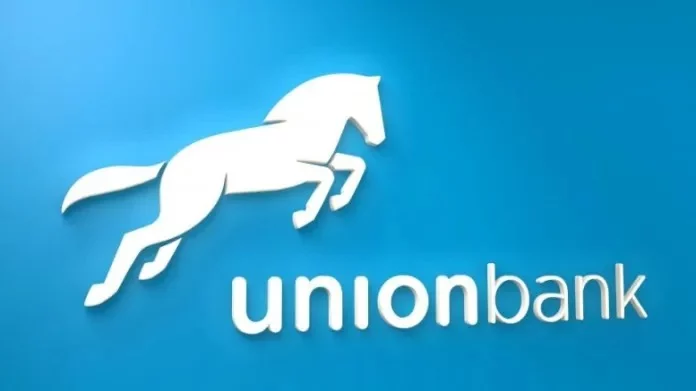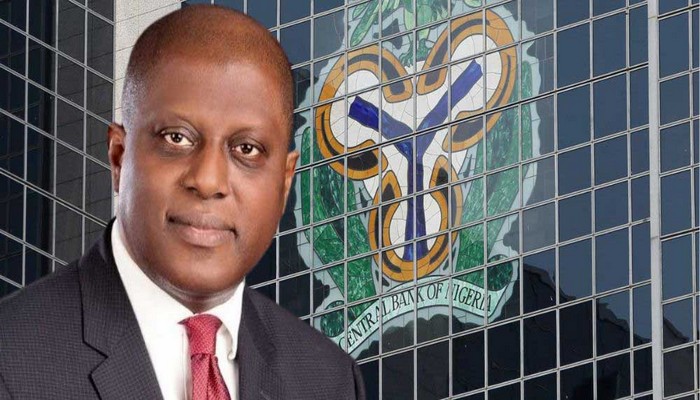
The Special Adviser to the President on Media and Publicity, Mr. Femi Adesina, Thursday stated that the Nigeria’s economy has been growing robustly since 2016 but only the opposition elements have refused to acknowledge this growth.
Adesina who made the declaration at the 2nd Annual Lecture of Freedom Online held in Lagos, said that “in 2017, agriculture grew in export and before we export, it means that we have enough to satisfy local consumption. The opposition tends not to see the growing economic trend and impact in the country.”
He disclosed that “we have abundant rice production in Nasarawa, Kebbi and neighbouring Ogun states, adding that millions of dollars are saved daily on rice importation. In 2017 raw material export rose by 164.2 per cent; in the same year export of manufactured goods grew by 26.8 per cent. But when we talk about manufacturing, people choose to be blind to the development. The thing is that if you choose to be willfully blind, if they put something right in front of you will not see.
“In 2017, Nigeria stock market emerged as one of the best performing market in the world. How about tax payment, five million new tax payers were added to the tax base in 2016. This was part of the effort to diversify the economy through tax payers.
“In infrastructure, N2.7 trillion was spent on infrastructure in 2016 and 2017 fiscal year. And you know what that does? The economy was boosted; fertilizer of 2.80 million metric tonnes was made available for agriculture at N600 per bag, which cost us N5,500. They play politics with the laudable achievement of government, but can that change the reality? No.”
However, one of the Keynote speakers, Prof. Akin Onigbinde, disagreed with Adesina, insisting that the government needed to double its effort to make the people feel its impact.
“I have patronised the open market and live in Bodija, Oyo State. I cannot see this rice in the open market. Femi is my brother; he has a duty to direct our gaze to what we cannot see. Even in my own imagination, I have not seen the rice in Abeokuta in the last four years.”
The Aare Ona Kakanfo of Yorubaland, Chief Gani Adams, also backed Onigbinde’s position, saying that “s an activist, I spent nothing less than N13,000 to fill my generator every day. I want you to pass this message to Mr. President because I remember what former President Goodluck Jonathan said when they are in the Villa that they don’t know what happen to the people in the society. You can help us tell the President that Nigerians are suffering; the people are hungry and there is need for urgent change.
Earlier, the Governor of Ekiti State, Dr. Kayode Fayemi, speaking on the topic of the lecture titled: “Fixing the Economy: Less Politics, More Substance,” said Nigeria has the potentials to be among the most prosperous nations in the world, but added that certain things needed to be done.
The governor, who was represented by Akin Oyebode, said there should be a roadmap to determine development, giving instances of what Ekiti State is doing presently to boost the economy of the state.
“For Nigeria to achieve its potentials our economy must be competitive. We must have a critical policy framework that can give foreign investors the confidence to create and make Nigeria a global investment market. We need to develop a lasting social investment in all sectors, including, power, education, agriculture and trade. We need a knowledge economy that can truly translate to what is obtainable in the developed world.
“The cost of not investing in infrastructure and human capital is usually painful, and in Nigeria’s case, is manifesting in an unemployment rate hovering above 40 per cent. With two-thirds of our population under the age of 35, it is important to set the country on a path of sustainable economic development, if not for our sake, for generations after ours.
“This brings me to reason we are here, how to fix the Nigerian economy. This discussion must start by identifying the necessary conditions for inclusive economic development, which not only ensure macroeconomic growth indices improve, but also lifts people out of poverty and puts our citizens, especially young people in jobs. These conditions are clearly security, human capital development, infrastructure and a clear policy framework that encourages the investment of private capital.
The Chairman of the occasion, former governor of Abia State who is also the Senator-elect for Abia North senatorial district, Orji Uzor Kalu, said Nigeria economy should be expanded. “I see our economy as economy that needs to be expanded. I used to tell people, I will rather remove every business of the government; government has no business in doing business. It is better Aliko Dangote owns everything or Bayo owns everything than government being in business. It is not possible. You cannot do policy formulation and do policy implementation.
In his address, the Special Guest of Honour and former governor of Ogun State, Otunba Daniel, reiterated the need for restructuring, noting that restructuring of Nigeria, will address systemic problems in the country.
“Restructuring for me is very simple and straight forward. We are running a system since 1960 and everybody here agrees that this system has not worked. So, trying to make the system work is restructuring. We need to take what is good in capitalism and mix it up with what is good in socialism. We need to do something to make the system work,” he said.






